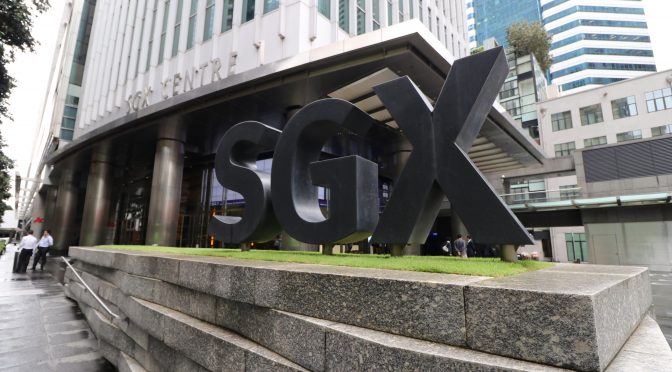The number of family offices in Singapore has quadrupled from 2016 to 2018: MAS
Credit Suisse estimates there are close to 760 Indians with over $100 million in net worth. A significant proportion makes up the nation’s 16.6 million-strong diaspora. These high-net-worth individuals call International financial hubs like Dubai, Hong Kong, and Singapore home.
Taxation and legislation increasingly undesirable
India has a corporate tax rate of 30% and a reduced rate of 25% for an annual turnover of less than ₹ 250 Crore. This compares to Singapore and Hong Kong who both offer lower tax rates of 17% and 16.5% respectively.
In fact, with additional tax exemption provisions for the first SGD 300,000 of chargeable income, the corporate tax rate in Singapore for HNWIs falls below 17%.
In a recent budget move, India’s finance minister announced that Non-Resident Indians (NRIs) who have stayed in the country for 120 days will be treated as Indian citizens. HNWIs who do not have to pay taxes in any other country will thus have to pay tax on income generated in India.
HNWIs with Indian-born parents and grandparents would also be subject to worldwide tax and reporting obligations in India.
Offshore set-ups increasingly attractive
Well-regulated financial centers such as Singapore and Hong Kong are getting increasingly popular for Indian Family Offices.
In addition to an attractive corporate tax set-up, Singapore also maintains a healthy investment climate, boasts stability, and incentivizes innovation.
For instance, as family offices are generally interested in investing in start-ups, Singapore stimulates entrepreneurship through platforms such as Startup SG, incentives for SMEs, and events such as the MAS-organized annual FinTech Festival.
The nation-state introduced an investment fund innovation with the Variable Capital Company (VCC) to increase its attractiveness as a competitive asset management hub in the APAC region.
VCCs offer many advantages for investment funds, including the option of being set up as either a standalone VCC or as an umbrella VCC with sub-funds.
Tax exemptions under the Enhanced-Tier Fund Exemption (ETF) Scheme and Singapore Resident Fund (SRC) Scheme as per Section 13X of the Income Tax Act have recently been extended to all from of fund vehicles such as VCCs.
Reassessing strategy
The combination of growing restrictive financial climate in the sub-continent and increasing attractiveness of viable overseas options explains the influx of Indian Family Offices presence in Singapore.
In considering this, family offices must review their values and guiding principles in handling their family structures and assess existing structures at home and abroad.
About Gifted Group
Having a wealth of experience working with Family Offices and HNWs, Gifted Group has effectively guided numerous families through the evaluation and selection of quality financial products and arrangements. Gifted Group strongly believes in the power of due diligence as the first and best line of defense for families’ assets.
Gifted Group has also acted as an expert witness in a range of dispute cases, producing investigative reports and testimonies for consideration by the Court. Gifted Group has a demonstrated track record of providing incisive insights and shedding light on otherwise muddled case information.



